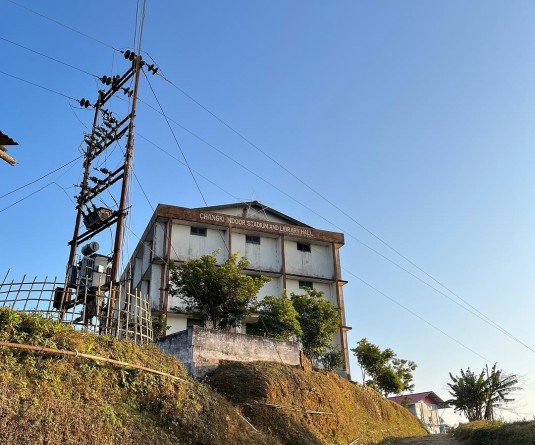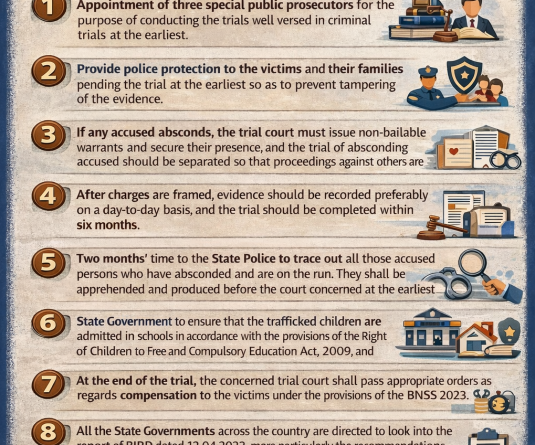
NESRC Seminar examine its nuances
Dimapur, December 19 (MExN): Can the concepts of autonomy, self-determination and sovereignty be used as a step towards building peace? This was the primary concern of a North Eastern Social Research Centre (NESRC) Seminar entitled, ‘Rethinking Autonomy, Self-Determination and Sovereignty as Tools for Peace,’ held in Guwahati from December 16-17.
NESRC brought together 35 scholars from around the region to “rethink the meaning of and using of these concepts as a step towards peace,” informed a press note from the Seminar Coordinator Dr Walter Fernandes. Dr Melvil Pereira, Director, NESRC, welcoming the gathering, stressed the importance for scholars to rethink these issues as a tool for peace.
In his keynote address, Prof. Udayon Misra dwelt on the history of these terms and the manner in which they have been explained and used by various stakeholders in the region.
“In the Northeast the parameters of the nation-state are expanding, he opined adding that this thinking can also divide the peoples of the region as “nationalist struggles” often propels to “ethnic conflicts that are bound to be exclusivist.” The community that gets an autonomous state rarely respects the rights of the minorities within its territory and that is divisive, Misra added dwelling on the challenge of bringing the people together by rethinking the concepts, acting on them and respecting the struggles of the minorities for a just society.
In the technical sessions, Babloo Loitongbam of Human Rights Alert, Imphal reflected on the legal meaning of autonomy, intrinsic to many UN resolutions which India has ratified.
In its practice it has been misinterpreted both by the State and the militant outfits, he opined. The type of autonomy allowed in India is partial and cannot solve the problems highlighted by the conflicts in the Northeast, Babloo added. While agreeing with him, the discussants Dr. Atig Ghosh of Vishwa Bharati and Dr R. K. Debbarma of TISS, Guwahati saw the need to push the concept further to make it more concrete for the Northeast.
Dwelling on “self-determination” Prof. Chandan Kumar Sarma of Tezpur University said that due to inadequate definition, it embraces several meanings, none of which addresses the identity concerns of the people of the region and maintianed that "rethinking self-determination is the need of the hour." Dr Meenal Tula of NESRC and Dr Jilagamba of TISS felt that the concept has been limited to the political arena and saw the need to take self-determination beyond it to control of resources and cultural autonomy as well.
Speaking specifically on “shared sovereignty” Prof. Lanunungsang Imchen of Nagaland University said that though these debates are presented as new today, in reality the questions of sovereignty have been included in the past Naga-Union Government agreements.
“What needs rethinking is their implications for today and issues such as a separate flag, constitution and passport for Nagaland that the Framework Agreement seems to uphold,” he pointed out. Responding to it Dr Visakhonu Hibo of Japfu Christian College, Nagaland drew attention to a persistent lack of clarity on the meaning of “shared sovereignty” which the negotiating parties are presenting as a solution.
“Rethinking Autonomy, Self-Determination and Sovereignty: Search for Peace in Northeast India,” a book written by Walter Fernandes and Bhaswati Borgohain and published by NESRC was also released by Prof. Apurba Kumar Baruah during the seminar.





